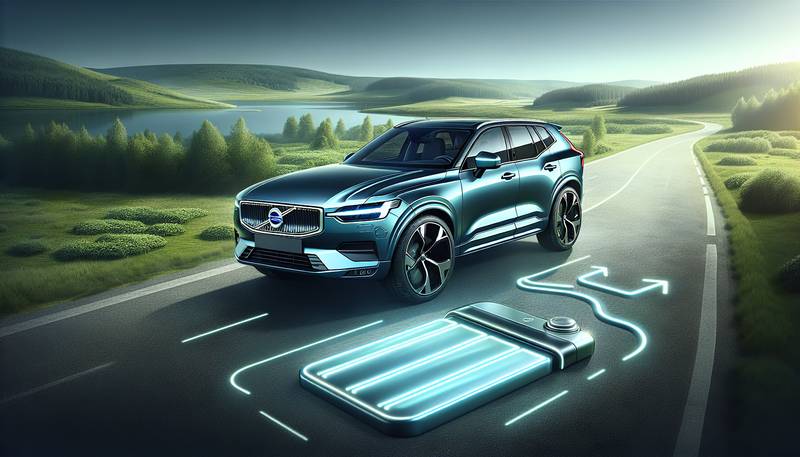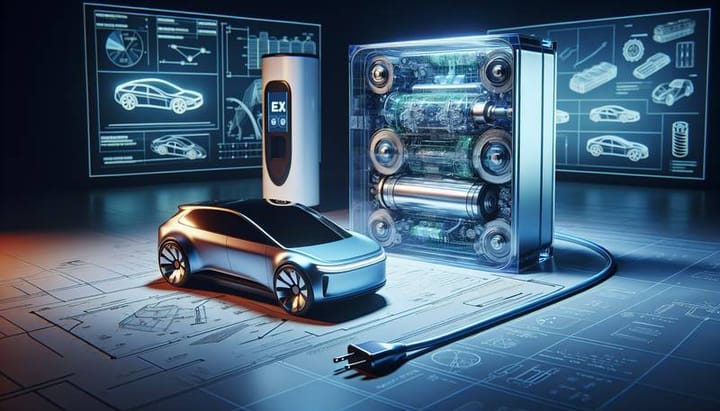Volvo Introduces First EV Battery Passport for EX90 SUV

Volvo is paving the way for a more sustainable and transparent electric vehicle industry with the introduction of the world's first battery passport on its new EX90 electric SUV. The innovative battery passport will provide detailed information on the raw materials, recycled content, and carbon footprint of the battery pack.
The battery passport, developed in collaboration with UK startup Circulor, aims to educate buyers about the environmental impact of their vehicle's battery. Using blockchain technology, the passport tracks the supply chain from the mining stage to the completed battery, including the energy sources of suppliers, to calculate the total carbon footprint.
The new Volvo EX90 models equipped with the battery passport are set to roll off the production line in Charleston, South Carolina. The passport can be accessed through a QR code located inside the driver's door, offering a simplified version of the battery's origins and material makeup. A more detailed version will be provided to regulators.
This step towards greater transparency comes ahead of the European Union's 2027 mandate for all new electric vehicles to have a battery passport. The US has not yet announced similar regulations but has shown interest in encouraging domestic production and sourcing materials for electric vehicles.
The introduction of battery passports could make it easier for legislators to introduce new subsidies to accelerate EV adoption and for US automakers to showcase the sustainability of their electric vehicles in the European market.
As Volvo leads the charge, the automotive industry moves closer to a future where the environmental impact of electric vehicles is as important as their performance on the road.


